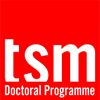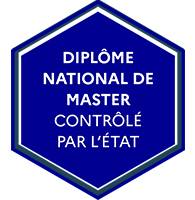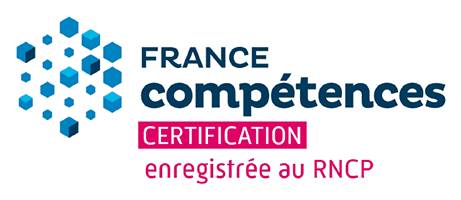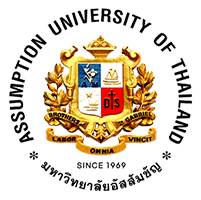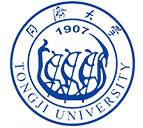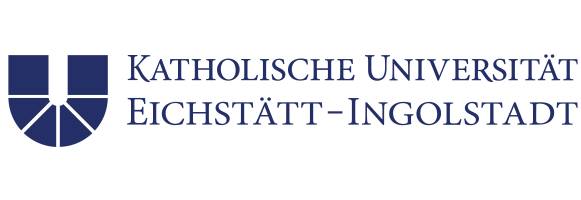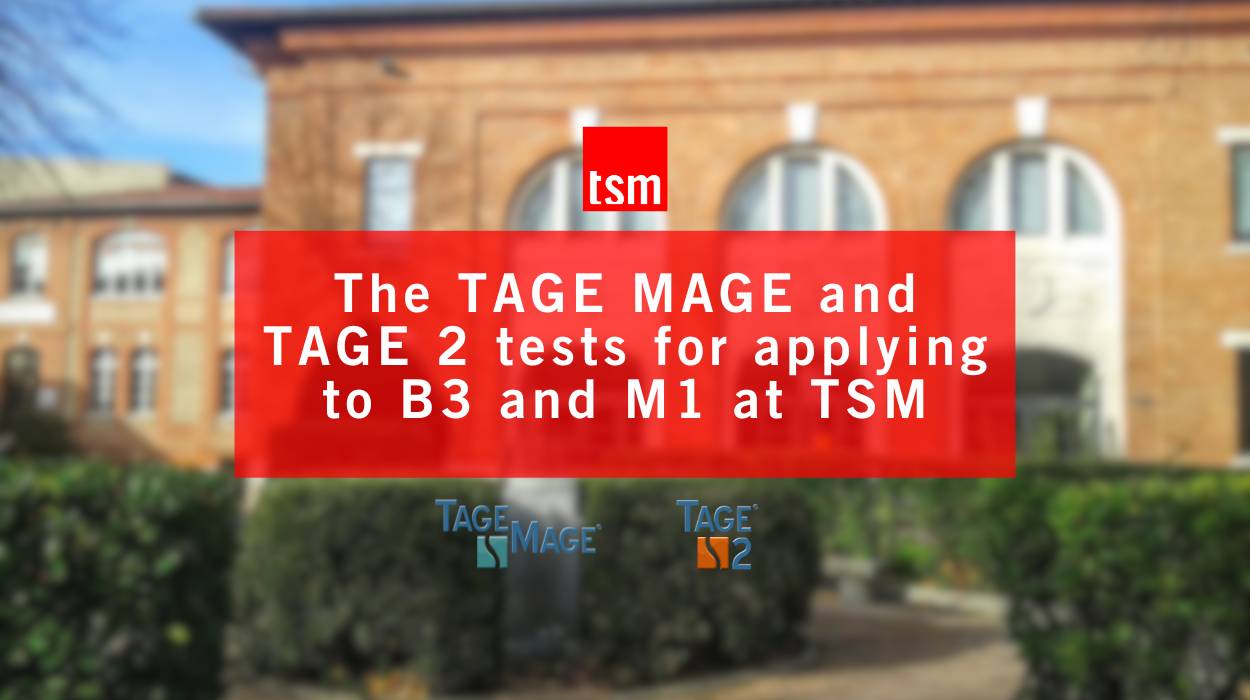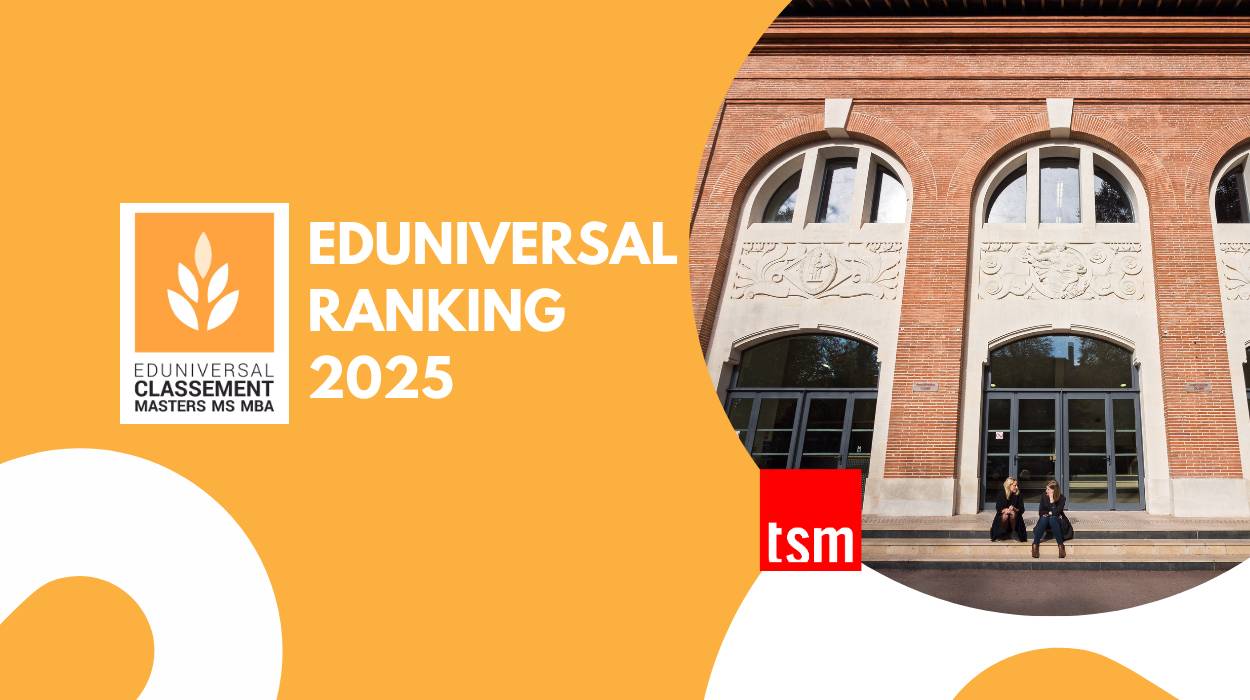Marketing, vente
Full time programme
English
In person
High School Diploma (or equivalent) +5
September 2025 - September 2026
Yes
With Partner Universities
Toulouse, Asia, Europe
Are you ready for the International Adventure within the Master?
These dual degrees are the right choice for students who aim to work in an international environment, which is increasingly influenced by economic power Asia and Germany. Two degrees achieved in four semesters were students will perform the following roles: product manager, eCRM, manager, digital Marketing Manager, community Manager, business Developer. Graduates of this program may also undertake a Ph.D. in Marketing. During the fourth and last semester, students complete their six-month internship (in Asia or in Europe) and finish their Master thesis. The two-year study programme comprises 120 ECTS obtained at TSM and at the partner university abroad. After graduating, students will be sought-after experts for China and Asia or Germany and be able to put their knowledge into practice.
Thrive to grow your knowledge in designing and managing international business with the Master in International Marketing of Innovation programme at TSM.
Benefits of the programme
- A Double Degree with double skills
- One of the best Master in Marketing in France and Europe in the Eduniversal best Master's Ranking
- After graduating, students will be sought-after experts for China and Asia or Germany and be able to put their knowledge into practice
Programme Objectives
- Design and manage innovation
- Include consumers in the process of open-innovation and co-creation
- Develop international digital marketing and eCRM strategies
- Manage digital and social media communication strategies
- Apply data mining techniques to Big Data
- Use key performance indicators (KPIs) to optimise decision-making and profits
-
82 %
Exam success rate
Student testimonials


TSM offers the study programme that matches exactly my interests. The double degree programme is very innovative and forward-looking. This is also reflected in the accreditation of the institution, which was another reason for me to study at TSM. It was also important for me to study in English, which is possible here.
Contacts
Programme Head






